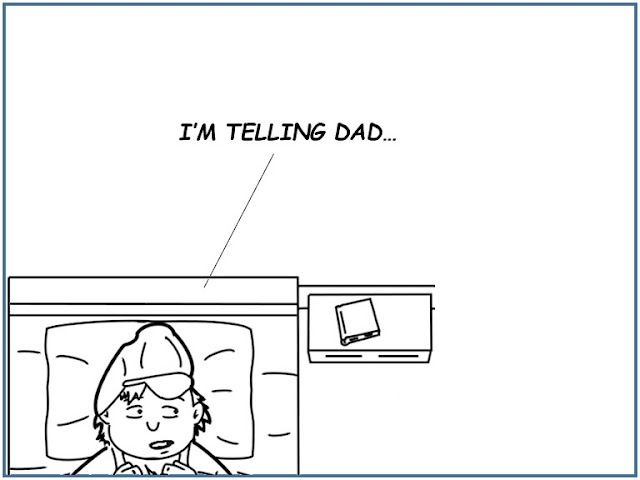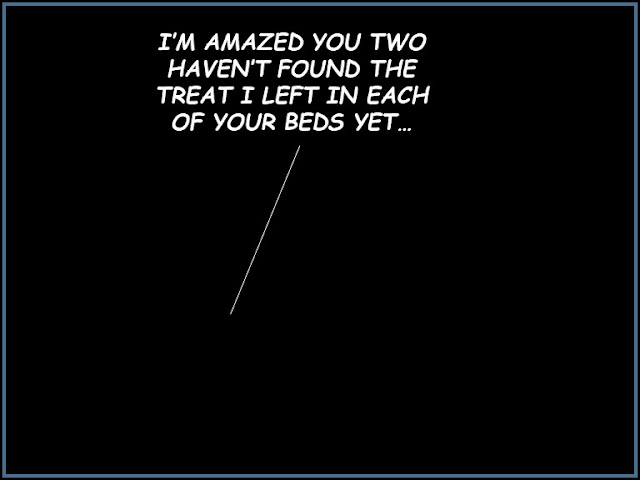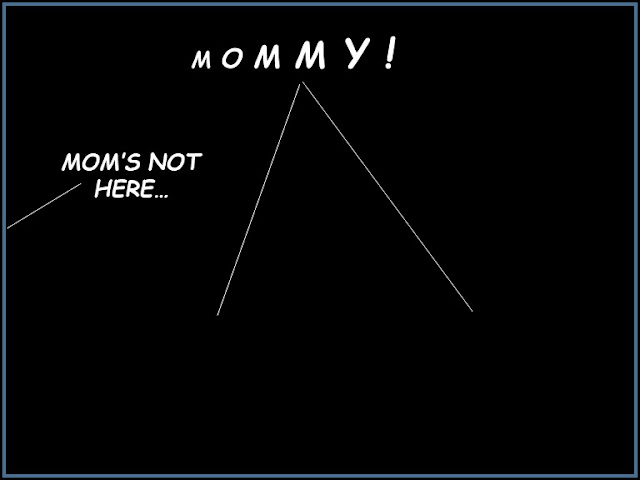“lying on my bed trembling all over” [COPP]
There are moments within the Canon in which beds cease to be places of comfort and rather become frightful places to be.
Morpheus is the ancient Greek god associated with dreams and sleep, and his presences is usually a soothing one. The most obvious evidence of this is the opiate drug named for him: morphine, administered to relieve pain and induce calmness.
When slumber—that most peaceful of activities—is interrupted and we're forced to leave the warm embrace of such a warm and comfortable cotton cocoon, the effect is jarring. Disruptive. Perhaps even violent.
Consider a handful of sleep-interrupting moments in the Sherlock Holmes stories.
In "The Speckled Band," the story opens with Watson being roused from sleep:
I woke one morning to find Sherlock Holmes standing, fully dressed, by the side of my bed. He was a late riser, as a rule, and as the clock on the mantelpiece showed me that it was only a quarter-past seven, I blinked up at him in some surprise, and perhaps just a little resentment, for I was myself regular in my habits.“Very sorry to knock you up, Watson,” said he, “but it’s the common lot this morning. Mrs. Hudson as been knocked up, she retorted upon me, and I on you.”
In that very same story, we hear of Julia Stoner being woken up in the dead of night:
“Because during the last few nights I have always, about three in the morning, heard a low, clear whistle. I am a light sleeper, and it has awakened me.”
Of course, Watson is the victim once again in "The Abbey Grange," but all is forgiven, because Holmes utters one of his most iconic phrases:
It was on a bitterly cold and frosty morning during the winter of ’97 that I was awakened by a tugging at my shoulder. It was Holmes. The candle in his hand shone upon his eager, stooping face and told me at a glance that something was amiss.“Come, Watson, come!” he cried. “The game is afoot. Not a word! Into your clothes and come!”
Recall that Heidegger, the German master in "The Priory School" was roused from bed: “His bed had also been slept in; but he had apparently gone away partly dressed...”
In "The Beryl Coronet," Alexander Holder was on edge from bringing the precious item home with him. In this state of anxiety, he left the confines of his bed:
“I am not a very heavy sleeper, and the anxiety in my mind tended, no doubt, to make me even less so than usual. About two in the morning, then, I was awakened by some sound in the house...I slipped out of bed, all palpitating with fear, and peeped round the corner of my dressing-room door.”
Other instances involving beds and bedding include Professor Coram, from "The Golden Pince-Nez," described as “an invalid, keeping his bed half the time,” whom Holmes and Watson found him in it, “propped up with pillows.”
Beryl Stapleton was found at Merripit House in The Hound of the Baskervilles, “tied to a post swathed and muffled in the sheets which had been used to secure it.”
And who can forget Sherlock Holmes himself, bedridden and seemingly mortally ill in "The Dying Detective"? The bed gave Watson refuge when Culverton Smith paid Holmes a visit.
There are many other instances of things that go bump in the night in the Canon, but it's almost time for lights out at Baker Street Elementary, and the boys seem hesitant to enjoy the comfort their sheets should bring...
Baker Street Elementary follows the original adventures of Sherlock Holmes and John Watson, as they and their friends work through the issues of elementary school in Victorian London. An archive of all previous episodes can be viewed at www.bakerstreetelementary.org.
For those who may have recognized the headline.








0 comments:
Post a Comment